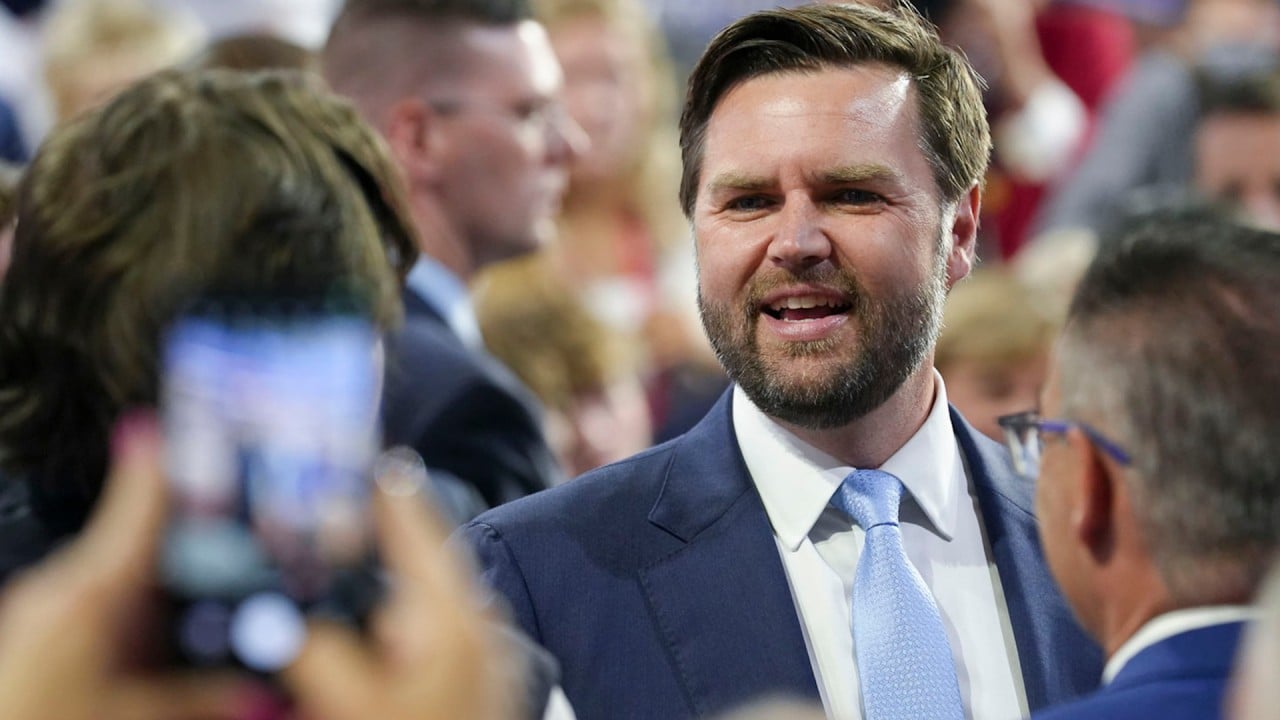I can still vividly recall when Donald Trump was first elected US president in 2016. It was a gloomy winter morning in Oxford, and the frigid temperatures mirrored how many among my peers felt about his unbelievable ascent.
Advertisement
Eight years later, more than 73 million Americans voted for his return. A second Trump term is likely to mean substantial volatility. We should expect more protectionism in the form of tariffs, possible restrictions on outbound investment, sanctions and retaliatory measures aimed at countries seeking to shift away from using the US dollar.
US allies will question the credibility of American military and security guarantees and perhaps recalibrate relations with China, which could emerge as a pillar of relative predictability.
When it comes to Sino-US relations, Trump is likely to waver between two extremes. On the one hand, he may be advised by top business magnates with sizeable exposure to and understanding of China, such as Elon Musk. On the other hand, he could well appoint to his cabinet a slew of hawks with disparate rationales, united by their opposition to China – from ideological hardliners such as Tom Cotton and Marco Rubio to cynical ultra-realists like Bill Hagerty, Elbridge Colby and Ric Grenell.
Ill-disciplined and bent on going after his domestic opponents, the president is likely to delegate the bulk of planning and execution to his team of trusted aides and advisers.
Beijing should have no illusions about the incoming administration. There will be less openness and room for government-to-government dialogue. There will be more rhetorical intensification and lose-lose punitive measures.


